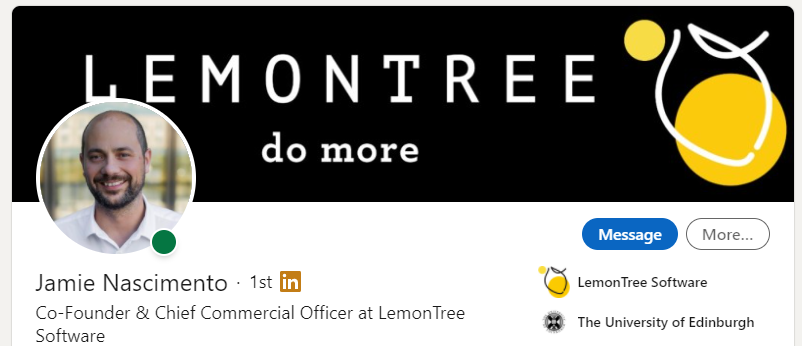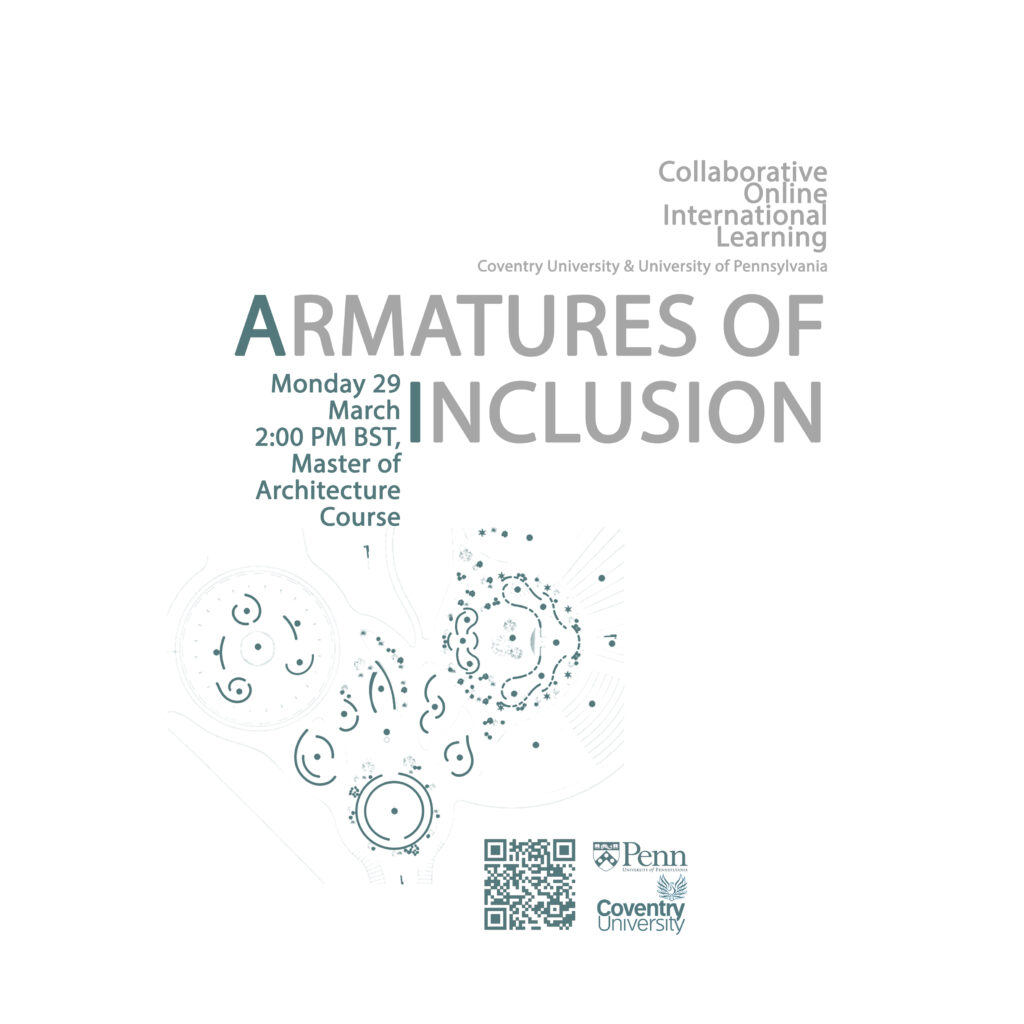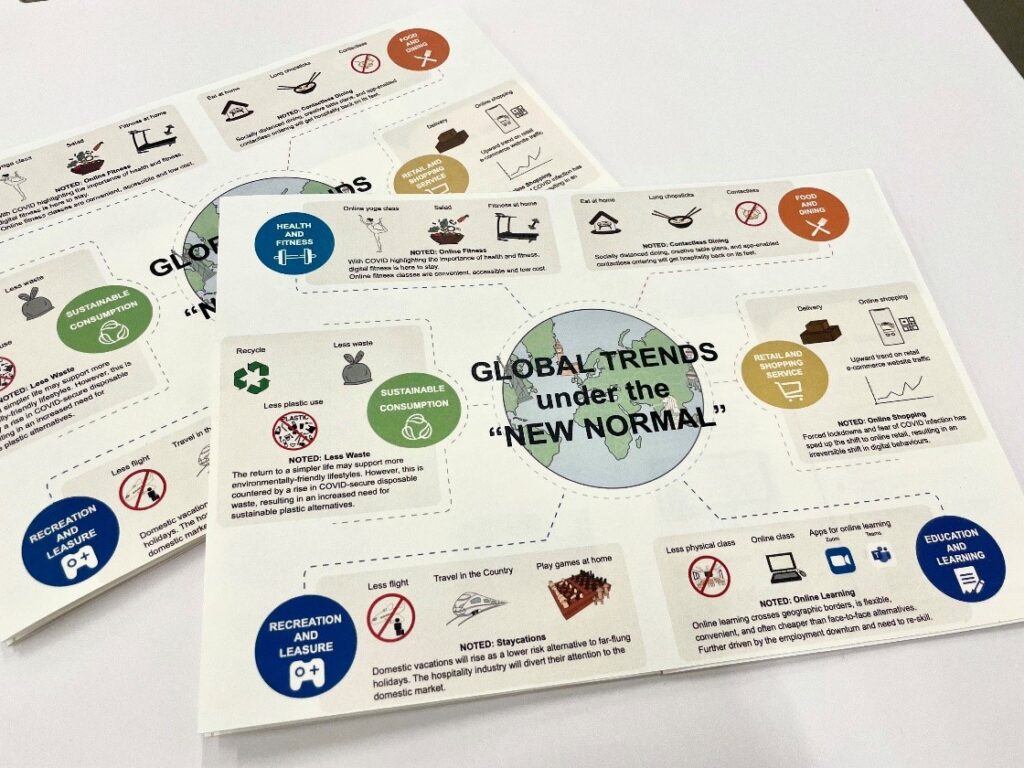Faculty of Engineering, Environment and Computing
School of Mechanical, Aerospace and Automotive Engineering

Academic Year: 2020-21
Project Leaders: Karim Ahmed, David Fuschi


Partner University(s)/Organisation(s): Kalinga Institute of Industrial Technology (India)
Project Overview:
Our Engineering Project Management team has been successful in making the most of the COVID-19 restrictions through engaging with COIL partners across the world. We were lucky to collaborate with University of Dayton (USA) in a project where students acted as consultants for each other achieving a core objective for the Strategic International Project Management module. The intensity of planning and designing the module has all paid off due to the continuous support of our Associate Head of School International for Global Engagement and the Centre for Global Engagement team, who shared its insight and guidance at every turning point. We must have done something right as Dayton returned for another COIL project the subsequent semester, and students provided a lot of positive feedback in their personal reflections.
Sadly, Dayton did not run a similar Project Management module in January 2021, so we reached out through the team’s connections and were able to secure a COIL project with Kalinga Institute of Industrial Technology, KiiT (India) where our students developed an educational PM Game focusing on Sustainable Development Goals and utilising the KiiT students’ projects addressing access to education and sanitation (SDG goals) in rural India, ending with a (virtual) closing ceremony attended by ViPs from Faculty of Engineering, Environment and Computing at Coventry University.
All of the experiences were eye opening for our students who walked away with a better understanding of the concepts at hand, and a greater appreciation for different cultures. We are now embarking on our next COIL journey with both institutions simultaneously.
Online Tools Used: Email, Zoom







